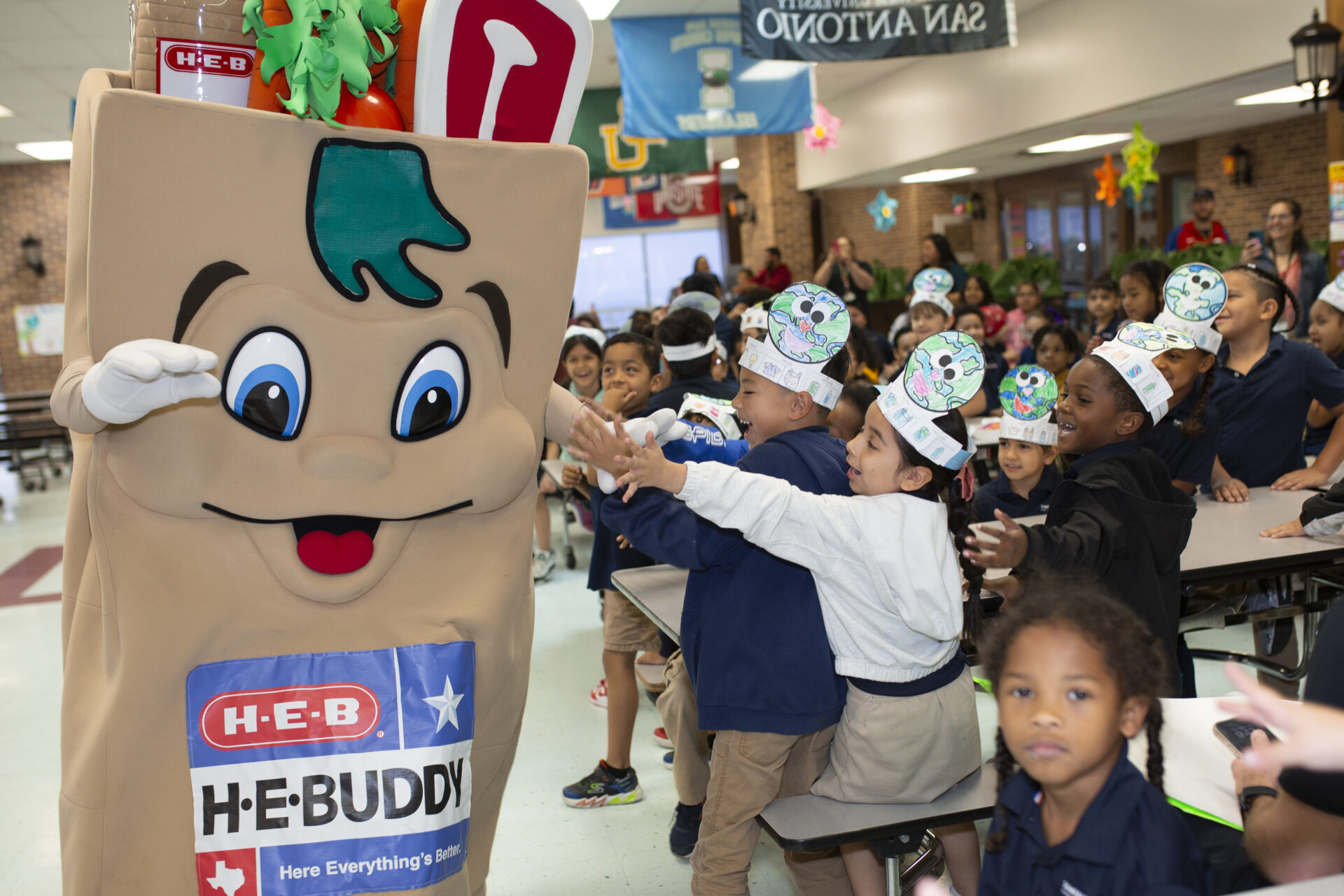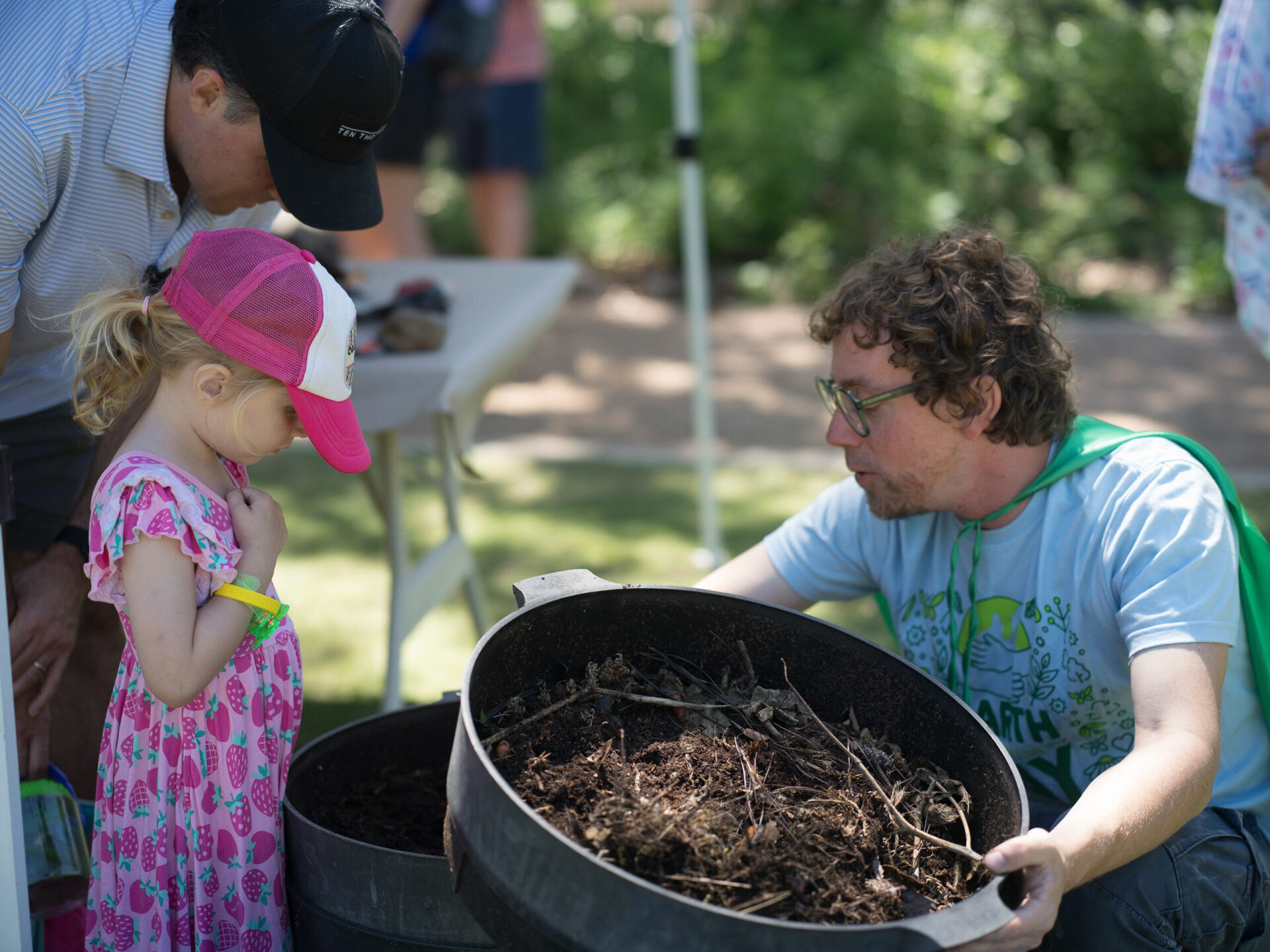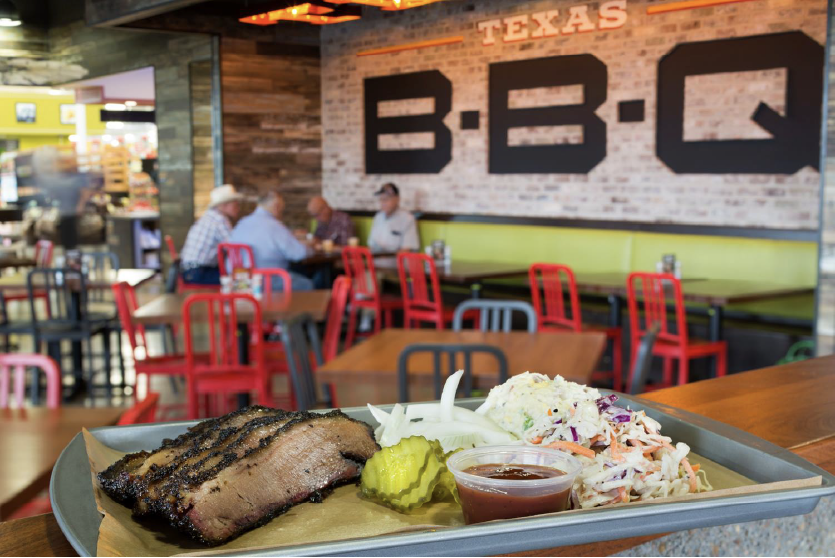Our Commitment to Texas’ Pollinators
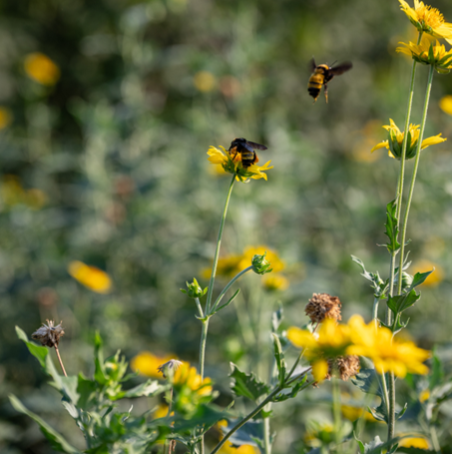
Without pollinators, Texans wouldn’t have many of the foods we eat every day, including avocados, almonds, berries, and more! In fact, the USDA estimates that increased crop production due to pollinators is valued at over $9 billion per year in the US alone: Pollinators are responsible for one out of every three bites in our diets!
Considering the critical role pollinators play, H-E-B is committed to supporting organizations that protect this vital part of our food chain. Healthy land, water, and native plants supports pollinator populations, which ensures we can continue to supply food to millions of Texans.
What’s a pollinator? Any animal or insect that moves pollen from the male parts of a flower or crop to the female parts, which helps plants reproduce & grow more food. Pollinator species include:
- Bees
- Butterflies
- Wasps
- Moths
- Flies
- Birds, particularly hummingbirds
- Bats
- Beetles
- Small mammals
Want to learn more about Texas’ pollinators? Check our Events Calendar for pollinator events & programs happening near you!
Meet H-E-B’s Pollinator Partners
Meet H-E-B’s Pollinator Partners
Also, check our Events Calendar for pollinator events & programs happening near you!
There is no Event
H-E-B is proud to be the founding partner of Texas Parks & Wildlife’s Pollinators & Prairies program. Researchers from Texas A&M have documented that Texas loses over 1,000 acres of land to monoculture, development, and fragmentation every day, putting our ecosystem at risk: Pollinators need Texas prairies, and prairies need pollinators.
Pollinators & Prairies are dedicated to protecting Texas’ iconic habitats and grasslands, and the pollinator population that depends on them, by:
- Performing public and private educational outreach, including encouraging Texans to plant native grasses and wildflowers, and working with private landowners to preserve habitats on their land
- Prairie and grassland restoration and conservation through dedicated conservation partners
- Funding critical native bee and pollinator research to guide management strategy for pollinator populations
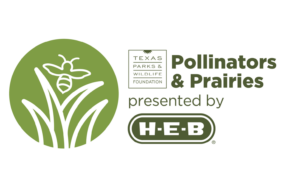
H-E-B is proud to be the founding partner and presenting sponsor of Texas Parks and Wildlife Foundation’s Pollinators & Prairies program. Native bees, butterflies, moths and other pollinators do the important work of pollinating most species of flowering plants, helping food crops and our native habitats grow. But pollinators are declining at an alarming rate, putting our ecosystem and our food production at risk. Pollinators need prairies and other native habitat to thrive, and all of us can help by using native plants in landscaping and planting pocket prairies in our yards. Wild Thumb, the new app from Texas Parks and Wildlife Foundation, will help even novice gardeners be successful growing native pollinator habitat. Pollinators & Prairies is also working with conservation partners and landowners to conserve and restore prairies on rural lands and is funding critical pollinator research.

Monarch Heroes is the National Wildlife Federation’s (NWF) monarch butterfly recovery education program for PreK-12th grade students.
Since 2022, H-E-B has partnered with NWF to bring Monarch Heroes to over 260 schools across the Austin, Houston, Dallas, Fort Worth, and San Antonio metro areas. So far, Monarch Heroes has:
- Worked with over 25,000 students and 700 teachers
- Created over 80,000 square feet of monarch gardens on Texas school grounds
As of August 2024, H-E-B has donated almost $750,000 to NWF to support environmental education in Texas; almost $625,000 of this has benefited Monarch Heroes.
Want Monarch Heroes to come to your child’s school? Click here to learn more!
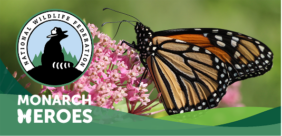
Project Bloom creates free nature-based educational experiences for communities, classrooms, teachers, and students. H-E-B proudly sponsors both Project Bloom’s annual San Antonio Monarch Butterfly & Pollinator Festival and Caterpillar Condos for Classrooms program.
During monthlong Caterpillar Condos for Classrooms programs, students:
- Observe the metamorphosis of a live Monarch Butterfly from caterpillar form in a Caterpillar Condo (which comes with a milkweed plant) in their classroom
- Learn from a TEKS-aligned curriculum, including a digital Monarch Journal and four video lessons
- Tag and release their butterflies in a citizen science project
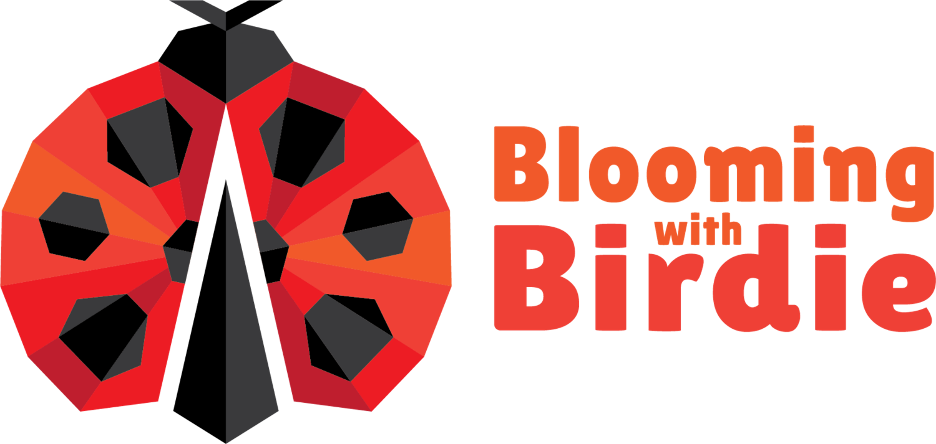
Founded by the owner of Austin-based Me & the Bees honey-sweetened lemonades, the Healthy Hive Foundation promotes bee knowledge and research, as bees are a critical source of renewal for many ecosystems across the globe. Because honeybees sting when they are threatened, many humans react to them with fear. This fear, combined with weather shifts due to climate change, pesticide use, and an increasing lack of diverse plants for bees to feed on, has put many species on the endangered list.
With this in mind, the Healthy Hive Foundation works to:
- Educate families and businesses about the importance of bees & reduce peoples’ bee phobia
- Fundraise to support both beekeepers and scientific research to protect bees and their habitats
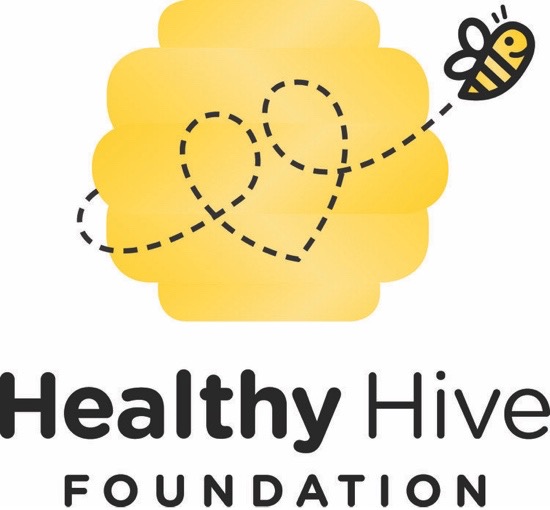
The Texas Master Naturalist program trains local volunteers to do community education and outreach, and to help manage the natural resources & areas where they. Each volunteer is crucial because they specialize in the particular, unique ecosystem they live in, including its species, habitats, and environmental demands.
Since their founding in 1997, the T.M.N. program has expanded to 49 chapters serving 213 Texas counties. As of 2023, they have:
- Trained more than 17,000 certified volunteers
- Contributed over 6.9 million hours of service
- Impacted more than 234,800 acres of wildlife and native plant habitats
- Reached over 7.1 million Texas residents of all ages
These efforts are estimated to be worth more than $140 million to the state of Texas.
H-E-B has partnered with the Texas Master Naturalist Program to provide grants of up to $3,000 for the Pollinators for Texas initiative. Click here learn more about applying forthese grants.
Grants will go to:
- Projects that develop and expand conservation habitats
- Outreach programs that focus on native pollinators and pollinator habitat conservation
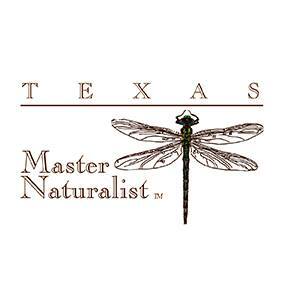
Many Texas pollinators rely on native plants to survive, and the plants rely on the pollinators to help them reproduce, making the protection of both vital to Texas’ environment. The Native Plant Society of Texas promotes conservation and research on Texas’ native plants & plant habitats: Their volunteers educate Texans on caring for the specific native plants in their community, promoting biodiversity and expanding pollinator habitats.
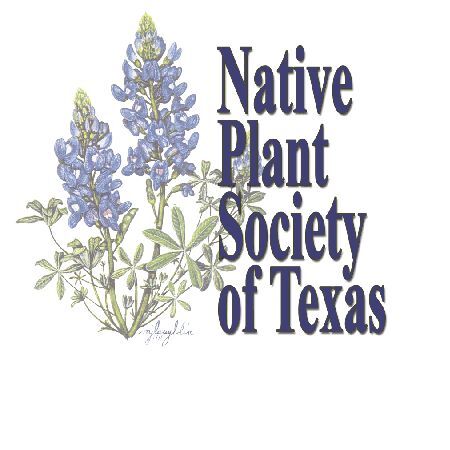
Family-owned and operated in Waller, Texas, Spring Creek Growers has been a trusted H-E-B Texas supplier for over 20 years. Through this partnership, they are able to bring a wide variety of plants to the Texas marketplace. Each October, they provide H-E-B with the largest curated native plant offering in Texas.
If you’re a gardening novice, native plants are a great way to start, as they thrive in Texas’ hot environment and can require less care than non-native plants. The benefits of planting native flora in your own garden and/or community can include:
- Erosion control
- Providing bird habitats
- Creating pollinator food sources
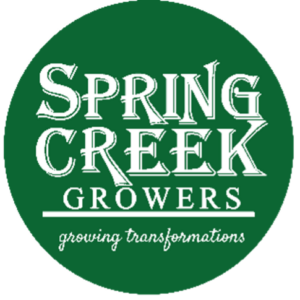
H-E-B is a longtime partner with Bat Conservation International. Founded in 1982, BCI has four main conservation operations:
- Inspire & educate the public through impactful nature experiences
- Help conserve endangered bat species
- Restore and protect landscapes to provide healthy habitats for bats
- Perform scientific research on easily scalable solutions for the health of the bat population
Why bats? If we asked you to name pollinator species, you’d probably name bees and hummingbirds – but you might not name bats. Bats not only pollinate plants when they hunt for insects in plants & trees, but are one of the most eco-friendly, free agricultural insecticides around. Bats are insectivorous, eating hundreds of tons of insects like fruit flies, Japanese beetles, and pecan weevils each night.

